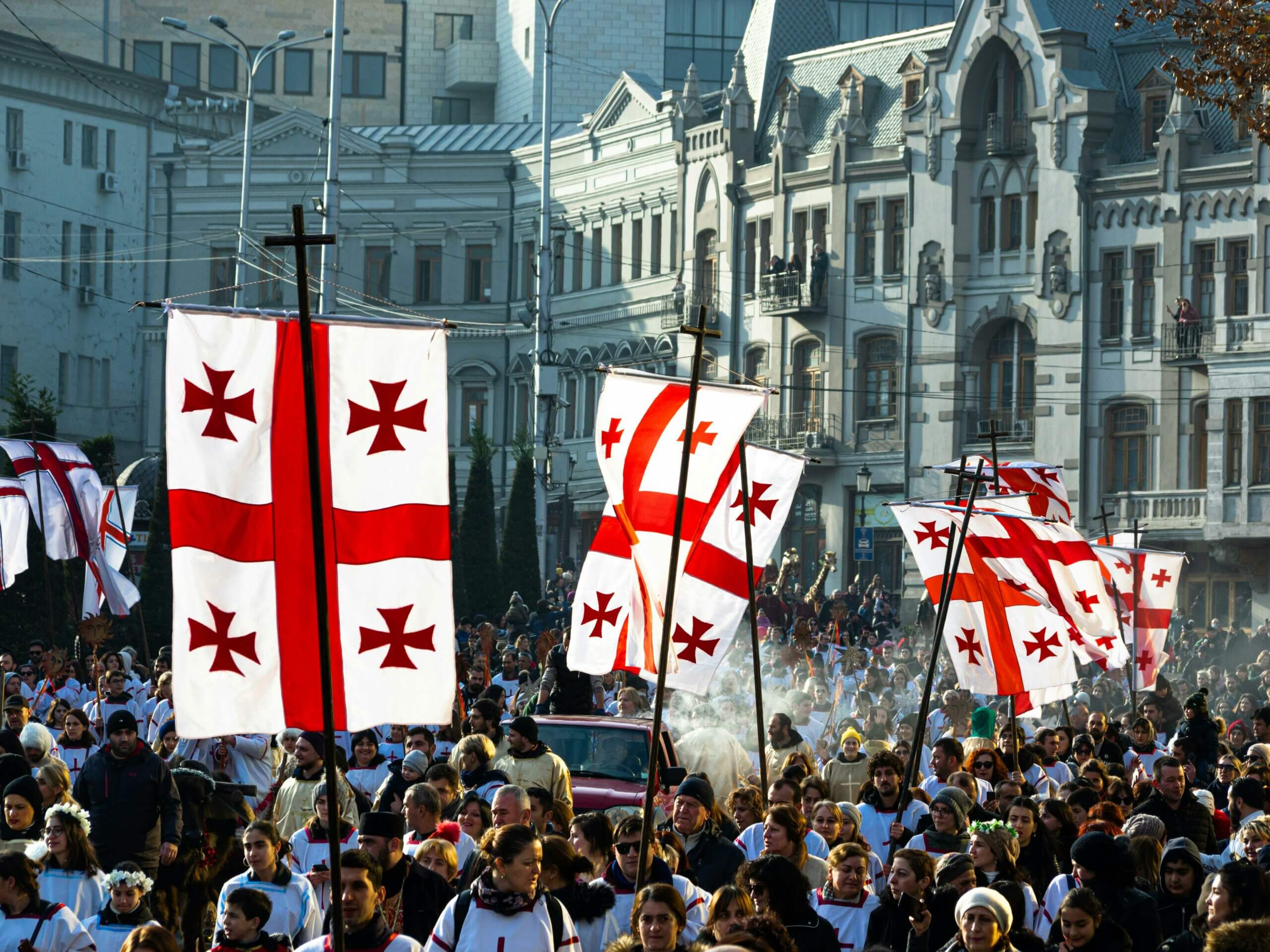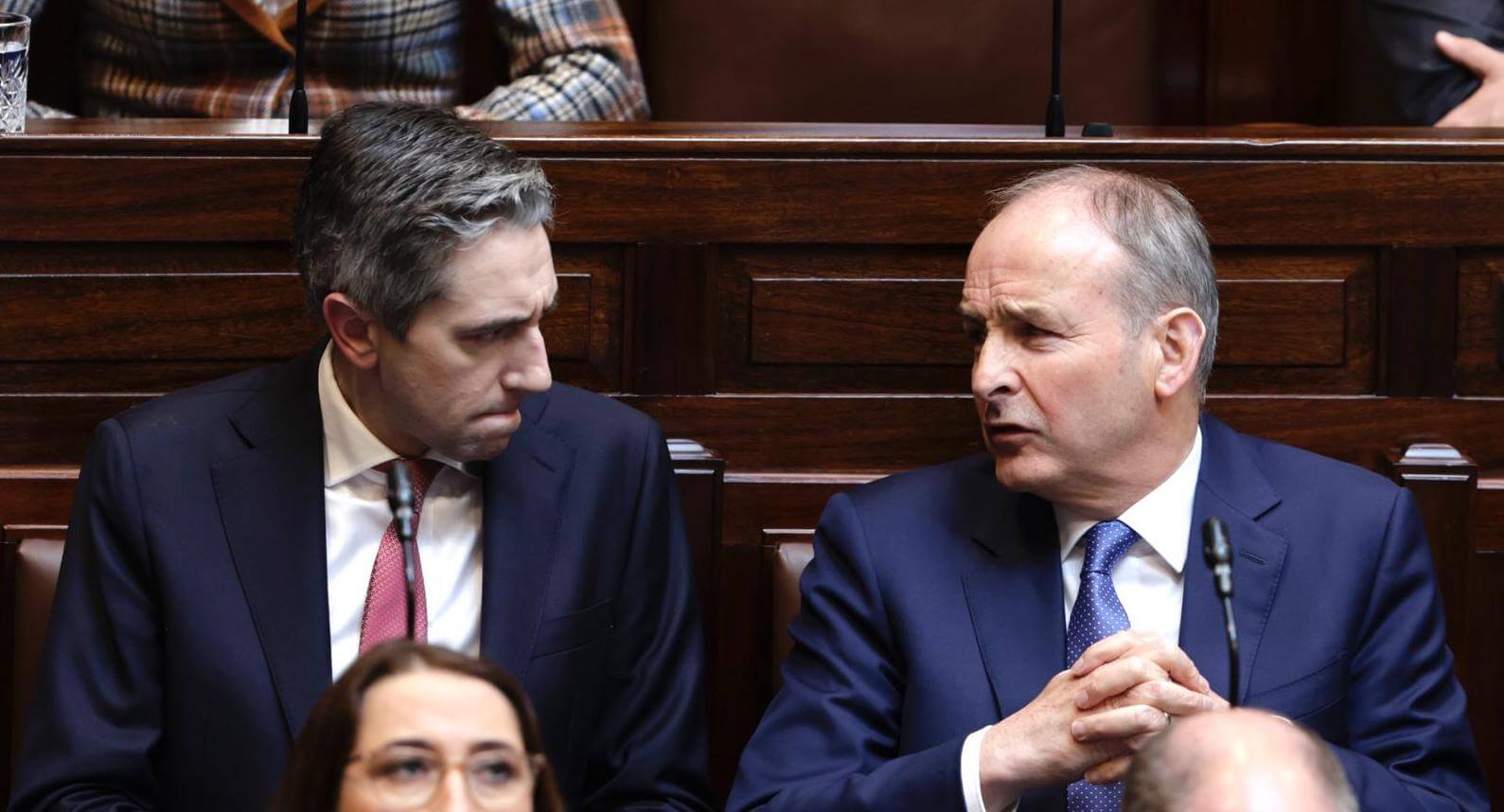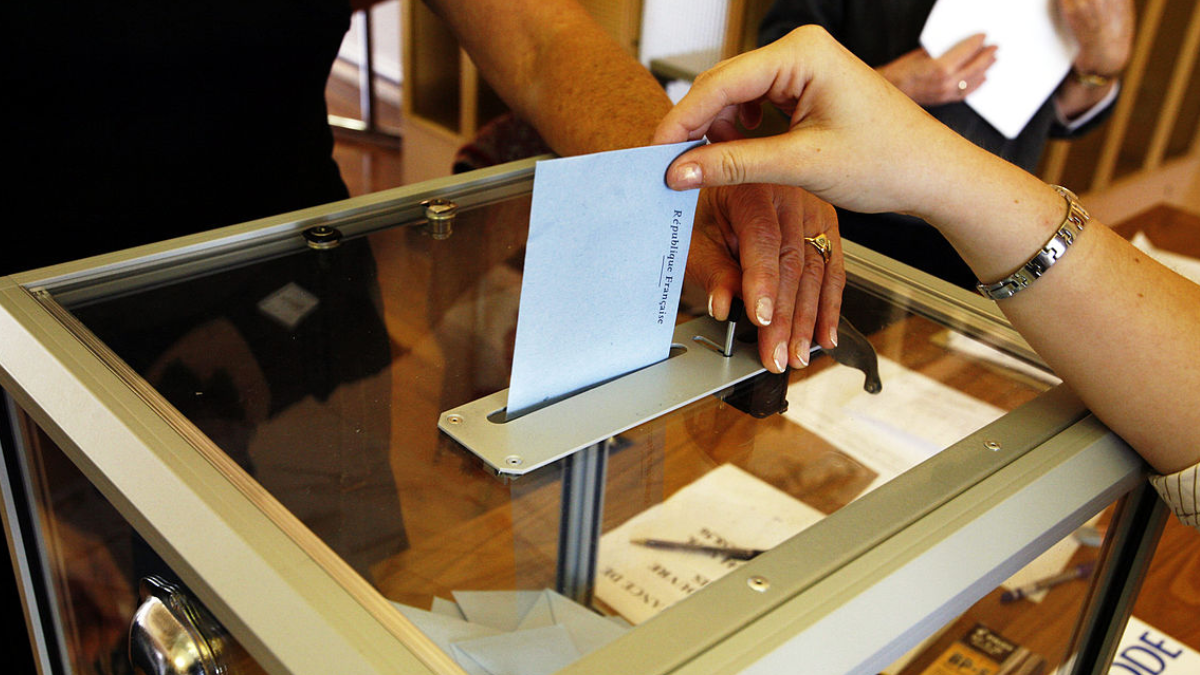Following a consequential month for elections in March, April presented unique pieces of information that signalled how popular opinion was shifting in crucial countries. For example, in Türkiye, President Erdoğan’s AK Party suffered its first ever defeat across the country in 21 years – losing Ankara and Istanbul to the Republican People’s Party (CHP).
The CHP won again in Izmir, Adana and the resort of Antalya. Significantly it also gained control of Türkiye’s fourth-biggest city Bursa and Balikesir in the north-west, as well as Adiyaman, which was hit hard by last year’s double earthquake in the south-east. Political scientist Berk Esen said the opposition CHP had delivered the “biggest election defeat of Erdogan’s career” and came up with its best results since 1977.
Erdoğan signalled that he would embark on a ‘turning point’ following the results. He also announced that these elections would be his last. A Türkiye without Erdoğan would be the single most consequential change to its political system in the 21st century. With CHP figures bullish about their chances of retaking the presidency in 2028, this would carry dramatic implications for Türkiyes’ unique role in a string of arenas – from NATO and the European Union to the war in Ukraine, to relations to Israel and Cyprus, and the future of the country’s economy – now in the midst of sky-high inflation.
Türkiye is not the only country that many across the West are watching to see if they uphold – or challenge – key liberal democratic ideals, however.
Prime Minister Modi eyes a third term
One country to consider in this regard is India – the Commonwealth’s most populous member state and the largest democracy in the world. These formally commenced on April 19th with incumbent Prime Minister, Narendra Modi, seeking an unprecedented third term. Many opposition parties in India have criticised Modi’s premiership for its anti-democratic tendencies, Hindu nationalism and lack of support for local businesses, and have already sounded alarms of democratic erosion.
At the last election in 2019, Modi’s Bharatiya Janata Party (BJP) won over 300 seats to the Lok Sabha (India’s lower house), winning just over 37% of the vote against a fractured opposition. This year more than two dozen opposition parties have converged under one label – the Indian National Developmental Inclusive Alliance (INDIA). Some of the leaders of the alliance, including the Aam Aadmi Party (AAP), the governing party of Delhi, have accused Modi of operating political vendettas against them following the arrest of several of its leaders. Likewise, Modi also has formed his own bloc, the National Democratic Alliance (NDA), that will face INDIA.
However, the plurality of the electorate seems unwilling to consider such allegations, and Modi leads moderately in opinion polls. In one survey of over 57,000 people, Modi’s NDA led INDIA by 6.8%, but without a majority of the vote. On these figures, they would be poised to sweep up 373 seats – the largest victory for a political leader in India since 1984. The reasons why Modi remains so deeply beloved by vast swathes of the population, and hence commands this lead is simple – people see him as the father of 21st century India.
Modi can claim India’s global standing has risen thanks to its growing economy and closer relations with the US, which wants India to be its ally against China. Modi has also recently introduced broad welfare schemes characterised by their generosity. For example, 800 million of the poorest Indians will be able to claim free rice, whilst women and low-income families are now able to receive the equivalent of £12 worth of benefits a month.
Meanwhile, INDIA (and its largest component party, the Indian National Congress) has promised to increase welfare payments for women and generate three million extra government jobs and apprenticeships for the youth population. Staking this election as a turning point for India away from autocracy, it has also framed it as a chance for minority groups to turnout in significant numbers to vote against Modi – a figure many blame for discrimination that they are facing.
Another aspect to this election is the rapid rise of Hindu nationalism (Hindutva), catalysed by Modi. In a recent speech in Rajasthan, the Prime Minister delivered a speech crafted to make faith a fault line in the election. In this speech, Modi incorrectly claimed that his predecessor Manmohan Singh, had declared that Muslims had “the first claim” to the nation’s resources. What Modi’s speech attempted to do was indicate to Hindu voters that a government led by INDIA and the Indian National Congress would attempt to strip them of their financial stability. Modi added that he would protect India’s “mothers and sisters” whose wealth was in danger. His implication was that Congress would take it away and redistribute it to “infiltrators” and those who have more children – veiled references to Muslims, an allegation the BJP denies.
Some analysts are interpreting this speech as a means by which Modi can shore up his base. He has touted his accomplishments, and highlighted that what his base has demanded, he has delivered. For example, the Supreme Court has upheld the government’s decision to revoke Kashmir’s special status, his government has outlawed the Muslim practice of “instant divorce”, and the Rama temple has been built in Ayodhya after the Supreme Court ruled in the Hindus’ favour.
He has also showcased his bold infrastructure agenda – work on a high-speed train has commenced (though is far from completion), whilst faster trains have been introduced across the country alongside brand new motorways and highways. Many wealthy voters justify their support for Modi based on these achievements.
However, one reason why the less financially secure and young voters are opting to vote for INDIA is that youth unemployment remains high. The International Labour Organisation estimates that of India’s unemployed population, 83% are young people. Food shortages are frequent in less developed areas, with 800 million Indians relying on subsidised rations from the Government – INDIA points to these to argue that India today has greater income inequality than during the British Raj, a statistic supported by the World Inequality Lab.
A third Modi win would cement his legacy in India – and depending on the magnitude of it, this could enable him to push through further laws that would expedite India’s path to autocracy. By the end of this year, the top five most populous countries could have leaders who openly embrace authoritarianism.
A small blow to Beijing in the Solomon Islands
Beijing suffered a setback in the Pacific in mid-April, after Prime Minister Sogavare of the Solomon Islands, the most aggressively pro-China leader of the country, was ousted in a general election. These elections, like many others across the world, were delayed by executive decree. Sogavare claimed the country could not afford to have an election in the same year Solomon Islands was hosting the Pacific Games. The opposition condemned the delay and accused Sogavare of a power grab.
Having held the role for over 20 years, Sogavare had formed a close relationship with President Xi, an alliance that saw the small island nation of 700,000 receive unprecedented Chinese investment. Describing a close relationship with China as ‘the way to go forward’, Sogavare’s warmth towards China garnered hostile criticism from opposition parties and the islands’ population. His pro-Beijing stance saw him cut diplomatic ties between his country and Taiwan in 2019 and sign a security pact with China in 2022. This agreement was obtained through a leak and carried drastic geopolitical implications within the Pacific. It outlined that the Solomons were able to request Chinese security assistance (including police and armed forces), which analysts perceived as a soft attempt to establish a military base in the country.
China was a key dividing line in the election, as evidenced by 2021 protests that burnt down much of the Capital’s Chinese business district. Many Solomon Islanders were also angered by Beijing’s sending of Chinese riot police to the Capital, a force that remains there today. Domestic concerns over the cost of living, national debt, and medicine shortages, were also prominent. Despite these, Sogavare’s OUR Party topped the ballot with 24% of the vote, resulting in 15 seats. However, the party would have had to have won 26 in order to form a majority. It entered a coalition with the Kadere Party and the People First Party.
However, just days after, Sogavare resigned – eyeing defeat in the parliamentary vote to select a prime minister. China’s influence under new leader, Jeremiah Manele, seems assured. He is a former foreign minister who has pledged to continue the Pacific country’s policy of embracing China. Manele was foreign minister in 2019 when Sogavare’s government turned its back on Taiwan and established diplomatic relations with Beijing.
In his inaugural speech, Manele referred to a recent report by the Central Bank of Solomon Islands (CBSI): “We as a country continue on the recovery path after the COVID-19 global pandemic and 2021 riots.
Reaction to the new government has included calls for a fresh focus on health and education. However, early warning signs from the country’s youth population indicates that despite other issues, China remains a large concern for them. The Makira Youth Council said it was cautious about growing closer to China. Its leader said “I would like to see a government that is more people-centred and focused on development. I don’t want to see foreign influence trying to shape our country into their geopolitical sphere. There’s nothing wrong with China. After the switch, we see tangible development in just four years. But as a youth, we fear something, nothing is free from China, and there are always strings attached to its projects.” China may have a relatively strong foothold in the Solomon Islands today, but with an increasingly sceptical young population it must either be prepared to change, or prepare to lose a key piece of its regional alliance.
Is foreign policy shifting in Seoul?
In South Korea, elections to its National Assembly prompted the incumbent conservative government in Seoul to signal a change in direction. The ruling People Power Party (PPP) suffered heavy losses to the Democratic Party and partner groups who were able to clinch 175 seats in the 300-seat parliament.
Prime Minister Han Duck-soo and other senior aides all offered their resignations. The PPP leader Han Dong-hoon also quit. The elections were, as many midterm elections are, referendums on the performance of the governing party. In this regard, President Yoon of the PPP, had been dogged by low approval ratings for months by an electorate broadly disappointed that he has yet to deliver on his policy agenda, failed to reduce inflation, and been embroiled in sleaze and corruption scandals within his party. Sound familiar?
Yoon is effectively now a lame duck President – his hands have been tied domestically, meaning his arena of control is now foreign policy. However, some consolation for Yoon is that opposition parties were not able to secure a super-majority of two-thirds of the 300 seats – a scenario that would have enabled it to block presidential vetoes and the passage of constitutional amendments.
Many voters were angry that Yoon had failed in implementing his pledges to cut taxes, ease business regulations and expand family support in the world’s fastest ageing society. Looking at Yoon’s pledges further, many seemed to be temporary sticking plasters to provide short-term relief to his falling popularity. Since early 2024, he had been outlining key future domestic policies, including plans to increase housing supply, relax greenbelt zone restrictions, and implement major infrastructure projects. Whilst these were able to briefly salvage his approval rating, opposition parties capitalised on what they considered to be a lurch to populism.
In terms of foreign policy, with the opposition parties’ larger platform, they may begin to advocate for some changes to South Korea’s positions on various issues. For example, the Democratic Party has advocated neutrality in issues concerning the Taiwan Strait and Ukraine during the recent election campaign. This stance sharply contrasts with Yoon’s approach, which has sought to enhance South Korea’s global profile through enhanced support for Ukraine, hosting the Summit for Democracy, and promoting value-based diplomacy. With the new National Assembly, this strategic division is likely to deepen.
As demonstrated, a country does not have to have a large population for its elections to carry significant weight. The Solomon Islands pale in comparison to India, however when voters in both countries speak, millions across the world, particularly the West, listen. These elections add complexity and colour to the already changing picture of foreign policy across the globe, with results that NATO and other supranational bodies will be eying with caution and some concern.
May presents presidential elections in severely unstable Chad, and the eastern flank of NATO in Lithuania. South Africa also has its parliamentary elections at the end of the month – elections that might see the African National Congress, Mandela’s party, fall below 50% for the first time in its history. North Macedonia is also concluding its presidential elections, whilst regional elections in the separatist hotbed of Catalonia may produce constitutional instability, particularly by the presence of ‘Together for Catalonia’, led by former ‘President’ of Catalonia Carles Puigdemont, whose party looks poised to come second.
With plenty of excitement across continents, nothing can be ruled out – that is part of the excitement of any election.






